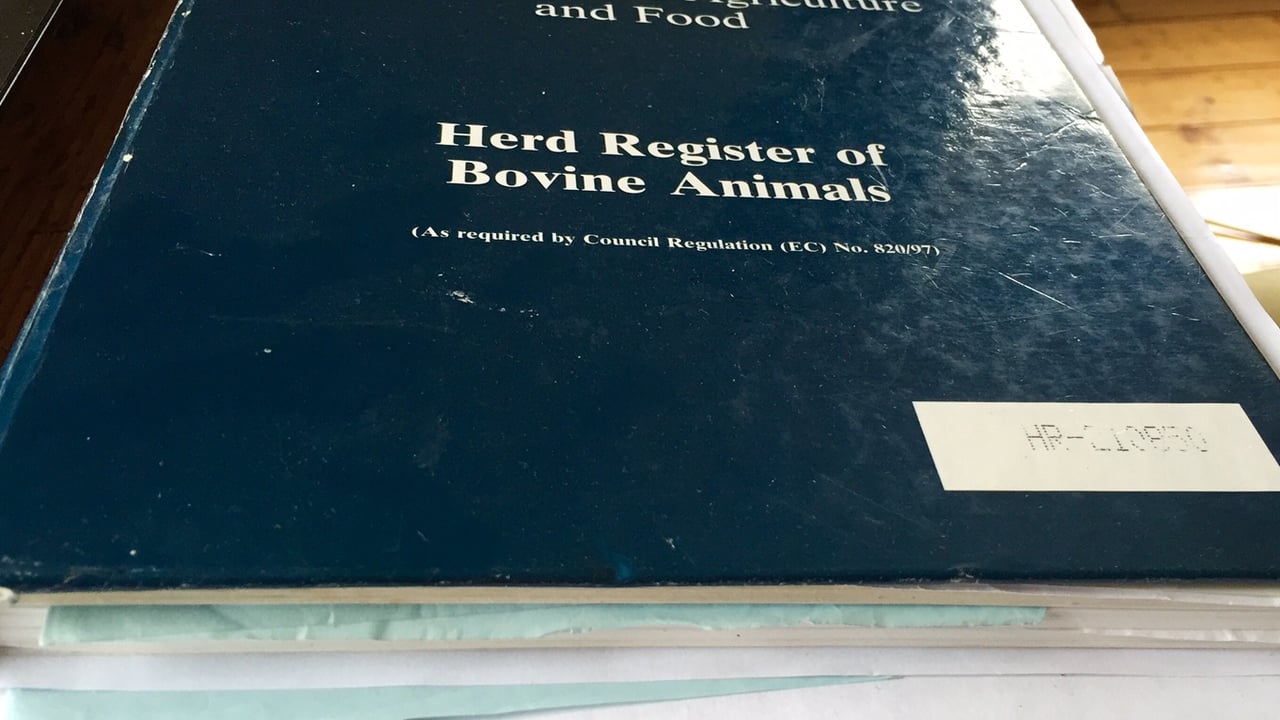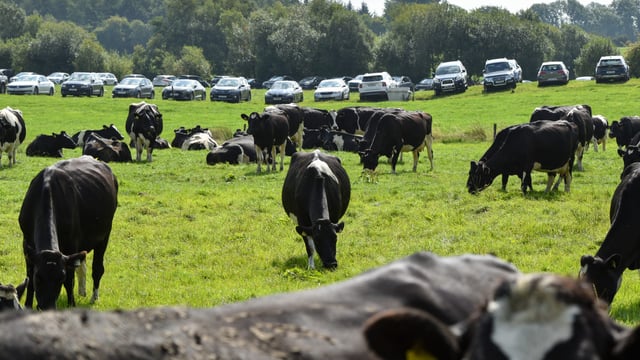How to apply for a herd or flock number
Herd or flock numbers were first introduced by the Department of Agriculture to allow for the easy identification of both cattle herds and sheep flocks. A herd or flock number is required by law for all livestock in Ireland.
The number is unique to each individual herd or flock, which is essential for both disease eradication and control in Ireland. Such diseases include TB in cattle and Scrapie in sheep.
The herd/flock number is issued by the Regional Veterinary Office (RVO) to the keeper of either cattle or sheep.
The keeper does not have to own the animals, but has responsibility for the day-to-day care and welfare of the herd or flock.
However, the Department of Agriculture cannot make payments, such as the BDGP Payment, to herd/flock keepers, as it is classified as a non-financial role.
Payments are only made payable to the actual herd owner.
Anyone over the age of 18, who meets the requirements listed below can apply for a herd/flock number to keep either cattle or sheep.
However, it is necessary when completing the application forms (see below) to indicate if you wish to become the keeper or the actual herd owner.
Many young farmers took the opportunity to enter into partnerships in 2015 to avail of the attractive benefits. These perks included a top-up of the basic payment that each young farmer would receive.
In some cases the young farmer top-up could be as high as €3,000 per year for the a five year period.
Setting up of partnerships, which often involved parents and their children, allows two or more names to be associated with a herd/flock number.
This is beneficial in a tax sense, as there will be no Capital Gains Tax implications for people who moved to a joint herd number or entered a partnership during the 2015 Basic payment scheme year.
Applicants seeking a herd/flock number have to meet a number of criteria set by the Regional Veterinary Office.
These criteria ensure that disease is both controlled and prevented from spreading on cattle and sheep farms.
The conditions state that the herd/flock must be maintained separately without intermixing or being on the same holding as other herds/flocks.
The requirements state that the new herd/flock must be managed as an independent unit.
Applicants who wish to become the keeper of a herd or flock under the Disease Eradication Schemes must complete an ER1 form.
When completing this form, the applicant will be asked for details of his/her name, address, PPS number and the intended enterprise they intend on keeping.
Applicants will also be asked to clearly indicate if they wish to apply for a new herd number, reactivate an existing dormant herd number or change the registration on an existing herd number.
Applications in joint names will not be accepted for the role of the keeper and in all cases only one person can be nominated for this position.
To become the registered owner of the herd the ER1.1 form must be filled out and returned to the Regional Veterinary Office. Partnerships and companies are also required to fill out this form.
Completion of this form is necessary to become the registered owner of the herd with the Department of Agriculture.
When this form is completed, any grants or subsidies that may fall due will be paid to the person(s) nominated.
It is key to have the right advice when applying for a herd or flock number and a visit to your local Teagasc advisory office or local private consultant should be one of the first steps you take.
There are also a number of Regional Veterinary Offices located around the country, where you can find the necessary forms and seek advice on filling them out.
The Department of Agriculture can also be contacted on lo-call 1890 200510 or 01 6072000.
While every effort is taken to ensure this information is up to date, it should be noted that schemes and their terms and conditions are subject to change and the administrating authority should be contacted for the full terms and conditions.





